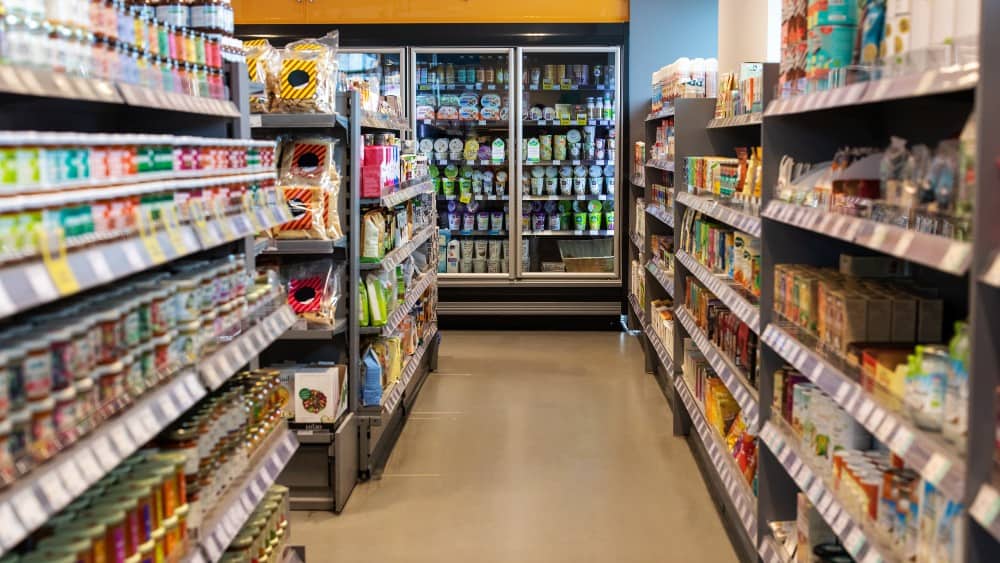On March 2, the Bank of Canada announced what most of us were already expecting: a quarter-point increase in the prime rate, from 0.25% to 0.50%.
The decision was aimed at curbing inflation, which hit 5.1% in January and is expected to rise even higher in February.
But the question Canadians are asking is: will interest rate hikes really curb inflation?
If the world had remained at relative peace before the announcement, perhaps so. But the invasion of Ukraine has made a complicated situation even more complex. Here’s what you should know.
Supply chains are still disrupted
In order for inflation to come down, we need constrained supply chains to ease themselves out. But with a war in Ukraine, it’s unlikely that’s going to happen.
For one, the war in Ukraine will likely cause a shortage of gas. Gas prices are already higher than what most Canadians expected to see in their lifetimes. Sanctions against Russia, along with the traditional summer surge in travel and gas, will likely push those prices even higher.
Then, there’s food. Ukraine is the world’s ninth-largest producer of wheat and the third-largest in Europe. Since the war started, it’s been difficult, if not downright impossible, for Ukrainian farmers to tend to their crops, with some part of those fighting and others evacuating.
To make matters worse for global food chains, Ukraine is locked in battle with the third-largest producer of wheat in the world (and the largest in Europe): none other than Russia.
To be fair, over 95% of Ukraine’s winter crop—which includes wheat, barley, and rye—is already in the ground. Much of that crop will not be affected by bombs and rifle fire, but rather how much rain the country receives and who is there to harvest the crop. If parts of Ukraine fall into Russian hands, the Russians will likely not export what they harvest to Western nations, especially if sanctions persist. And that could push food inflation even higher.
High interest rates might cause higher inflation
Raising borrowing rates will have little effect in bringing these two sources of inflation down. In fact, it could make matters worse.
Traditionally, inflation and interest rates have an inverse relationship: when one goes up, the other goes down. The idea is that higher interest rates will discourage lenders from borrowing money. That, in turn, will stop consumption, which is at the heart of high inflation.
But if the war in Ukraine disrupts our supply chains any further, businesses will have less supply to sell. Not only that, but they, too, will also pay higher interest rates to borrow money. With less supply, and more money dished out toward interest, businesses will have no choice but to raise prices even more.
Homeowners with variable mortgages will also pay more per month for housing costs. And while home equity isn’t a factor in inflation calculations, interest rates are. Higher housing costs, then, will only push our overall inflation rate higher.
Should you plan for higher prices?
Yes. Take a look at your budget and plan for higher costs in food, gas, and, for those with variable mortgages, housing costs, too. At this point, it’s unlikely that interest rate hikes will curb high inflation, at least not in the short-term.



